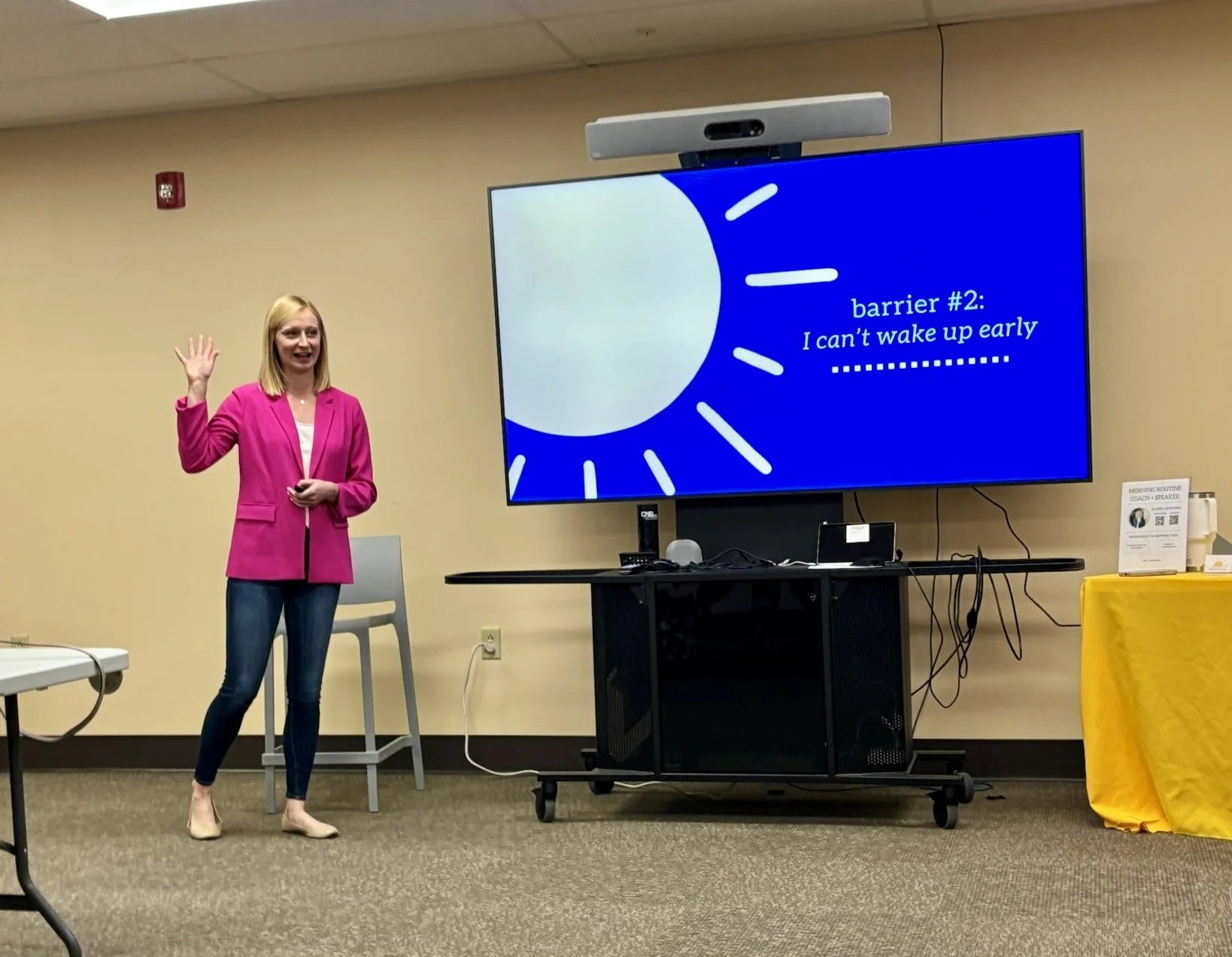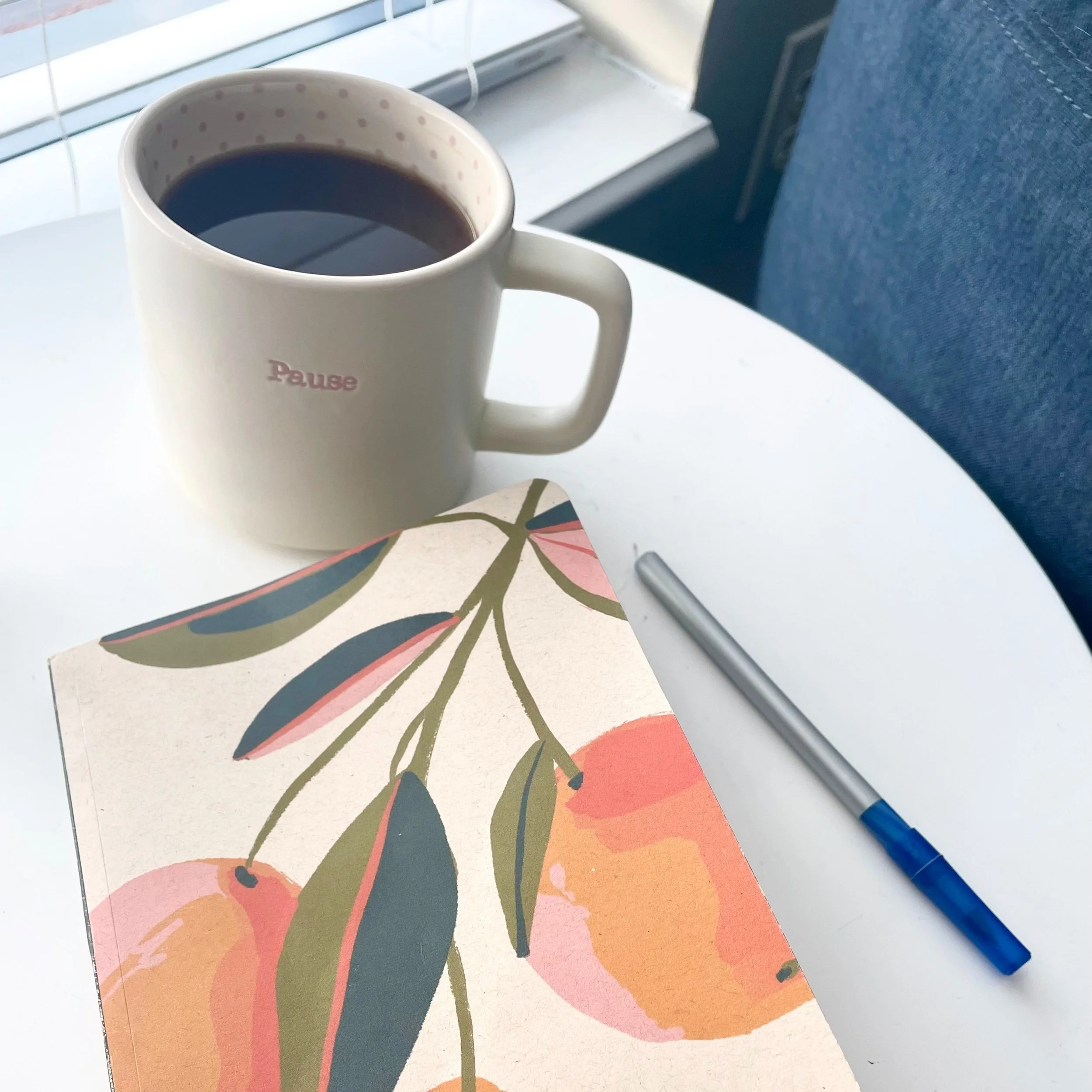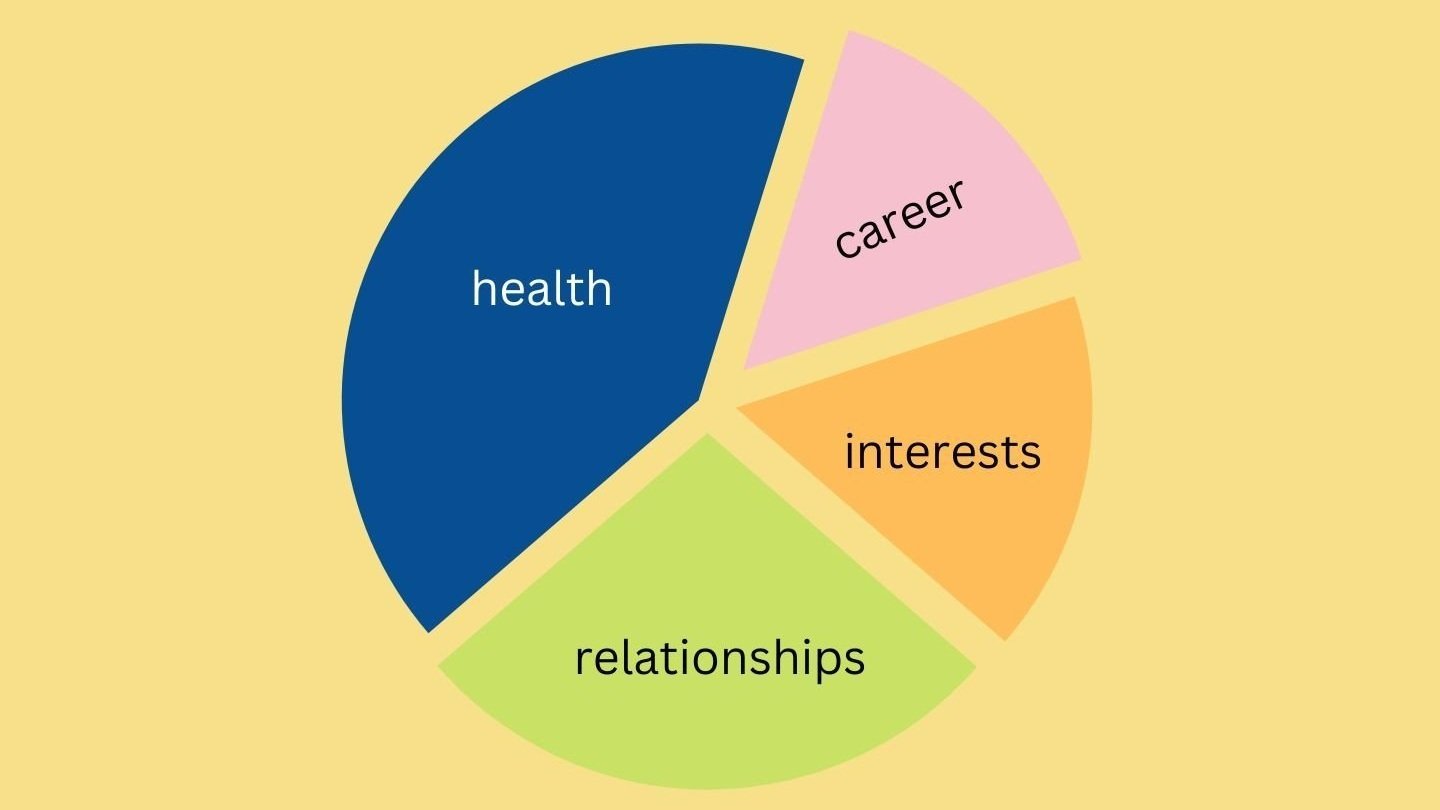In 2023, I feel like I found the calm in the chaos.
I slowly became a go-getter doing a lot of things intentionally and calmly.
I’m trying to come up with the term for becoming this person.
I was inspired to come up with a term when I started reading the newsletter The Quiet Rich.
The title captures perfectly people wanting to become humbly rich and live life intentionally.
What do you call a person who finds calm in the chaos?
I’ll start asking chat gpt, but let me know what you come up with!
—
While you think about it…
Here are 6 lessons that helped me find calm in chaos (and build the lifestyle I always wanted):
1) Special spots are the key to calm (and focus!)
Designating where I do certain tasks has made a world of a difference when it comes to calm and focus!
Example:
Creating special spots helps me:
Not switch tasks so I’m not wasting time
Stay focused so I can do better work
Be less stressed because I have clarity of where my attention needs to be in the moment
Thinking about this a lot as I move into my new condo this week! Follow along on Insta to see me build my new command center / she shed!
2) What you do MOST of the time is who you’re becoming
Workout vs. not
Morning routine vs. not
Drinking alcohol vs. not
I started asking myself:
What is my “default habit” (or what do I do MOST of the time)?
Whatever it is, is who I’m becoming.
Active vs. not
Grounded vs. not
Mindful drinker vs. not
This has helped:
Hold me accountable to doing good habits more than 50% of the days
Give myself grace when I had 1 bad habit day
Get me closer to the person I want to be
3) What is measured is managed
I measure the things I need to make sure don’t get lost in the chaos.
And I don’t measure the things that’s sole purpose is just to be fun!
What I measure: days I workout
I track the days I workout & color in each day I do to hold me accountable
I use different colors to give myself options for movement, making it more likely to do
You can download the tracker I’ve used for the past 3 years that has led me to working out >90% of days HERE!
What I don’t measure: the number of books I read a year
This is a leisure activity for me so I don’t measure it
As a perfectionist, I’ve found when I measure anything and everything, I feel like a failure because I’m always not hitting some number
4) Procrastination is telling you something
The things I procrastinated on this year were mostly do too:
Once I noticed this, I started posting on social media for my biz a lot less.
It wasn’t really filling my cup or converting to income, so I started focusing my biz attention elsewhere.
Noticing what is not filling my cup has helped me conserve my energy for the things that do fill my cup (like this writing this newsletter)!
5) Build flexibility into your schedule
This year I found the balance between setting a schedule AND having flexibility to move the schedule around.
Building flexibility into life has been a way to make all the things happen when things don’t go as planned (which is a lot).
Some flexibility I’ve built into my life (and feel so thankful to have!):
Flexible job of working at the office vs. home when I want
Multiple options for working out so I get some type of movement in every day
Side jobs that don’t have to be done at a certain time
I want to continue to build a flexible life where I can!
6) Waking up with purpose is the most underrated thing ever
Does this sound familiar?
You know those mornings where you’re laying in bed deciding if you’re going to get up?
Maybe you scroll email or social to procrastinate doing it.
Then you feel drained and unmotivated before your feet even hit the floor.
Those have been days of the past ever since I started waking up with purpose!
Getting up to do something to nourish my body or mind:
On the good and bad days, having an activity, a spot, a mindset to go to.
It’s a landing pad for the hard days and a springboard for the good days.
To put it simply, it’s a morning routine!
But it’s more than a morning routine:
It’s you believing you’re worth getting out of bed for.
Because you’re and 2024 is your year!
To recap:
Special spots are key to calm & focus
What you do most of the time is who you’re becoming
What is measured is managed
Procrastination is telling you something
Build flexibility into your schedule
Waking up with purpose is the most underrated thing ever
Wishing you the best in this new year and can’t wait to see what you do!
















